President Klaus Iohannis believes that the propositions to amend the Justice laws presented by minister Tudorel Toader are an attack on the rule of law, the independence of Justice and the anti-corruption fight, a release sent to Agerpres informs. The head of state says that Romania is in a favourable moment internationally speaking, mainly within the European community, a context in which "returning to the old habits of putting pressure upon Justice" would be disadvantageous to our country.
"This would be in total contradiction with the commitments Romania has taken when accessing the European Union and would but unlimitedly maintain the Cooperation and Verification Mechanism," the head of state says. In his opinion, a part of the measures announced (by minister Toader, ed. n.) are attempting to induce a false problem and accredit the idea that Romania's President is the political factor that has to be eliminated from the appointment procedure to the leading positions within the judicial system.
"In reality, the CVM reports, the recommendations of both the Venice Commission and the consultative Council of the European justices, point to the Justice minister as the element through which the political influence is carried out in these procedures," the President says. Klaus Iohannis mentions that in the past decade, the political decision-makers' preoccupation was to ensure the independence of Justice by reducing to almost eliminating the role of the Justice minister within the appointment procedures for leading positions within the judiciary, in parallel to gradually increasing the role of the Superior Council of Magistracy (CSM), and adds that the propositions lodged on Wednesday are aimed at strengthening the role of the Justice minister and diminishing the role of the CSM regarding the management of the magistrates' career, in fact the weakening of Justice.
"Romania's President is also involved in the designation of the chief prosecutors considering that he is watching at the observance of the Constitution and activates as a mediator, having the role of an arbitrator among the powers of the state. On the opposite side, the Justice minister is politically appointed, through the vote of a parliamentary majority, with the aim to enforce a politically assumed ruling programme," the head of state says.
He stresses that Article 132 of the Constitution provides that the prosecutors do unfold their activity under the authority and not in the subordination of the Justice minister. The head of state also says that "the take over of the control tools upon the magistrates' activity by the political factor, the threatening of the justices with the patrimonial liability if judicial errors occur and the prosecutors' subordination to the Justice Minister, as well as the meddling of the hierarchically higher prosecutors in the case prosecutors' files, by reason of groundlessness, included, will end up in the magistrates' intimidation and the curtailment of their independence."
He also criticises the proposition of establishing a structure exclusively specialized to criminally investigate the magistrates, with consequences upon the competencies of the other specialized prosecutor offices, the DNA in particular. "In absence of certain legislative and institutional guarantees regarding the independence of this new structure, the risk for the anti-corruption fight to be harmed is evident," Iohannis says.
He specifies that the Justice minister's amendments need to observe the requirements of the decision-making transparency and to submit them to certain genuine public debates. According to the head of state, "if this blend of measures will be assumed by the Government and passed by Parliament, then Romania's efforts for more than 10 years now will be canceled and Justice will just make a U-turn back to an era when it was politically subordinated." Justice Minister Tudorel Toader on Wednesday said that one of the amendments to the Justice laws' package stipulates that the appointments to the ruling positions within the Public Prosecution Office be made by the prosecutors Section of the Superior Council of Magistracy, at the Justice minister's proposition, based on a transparent procedure, from which Romania's President is removed. Another modification is that the Judiciary Inspection will be subordinated to the Ministry of Justice.



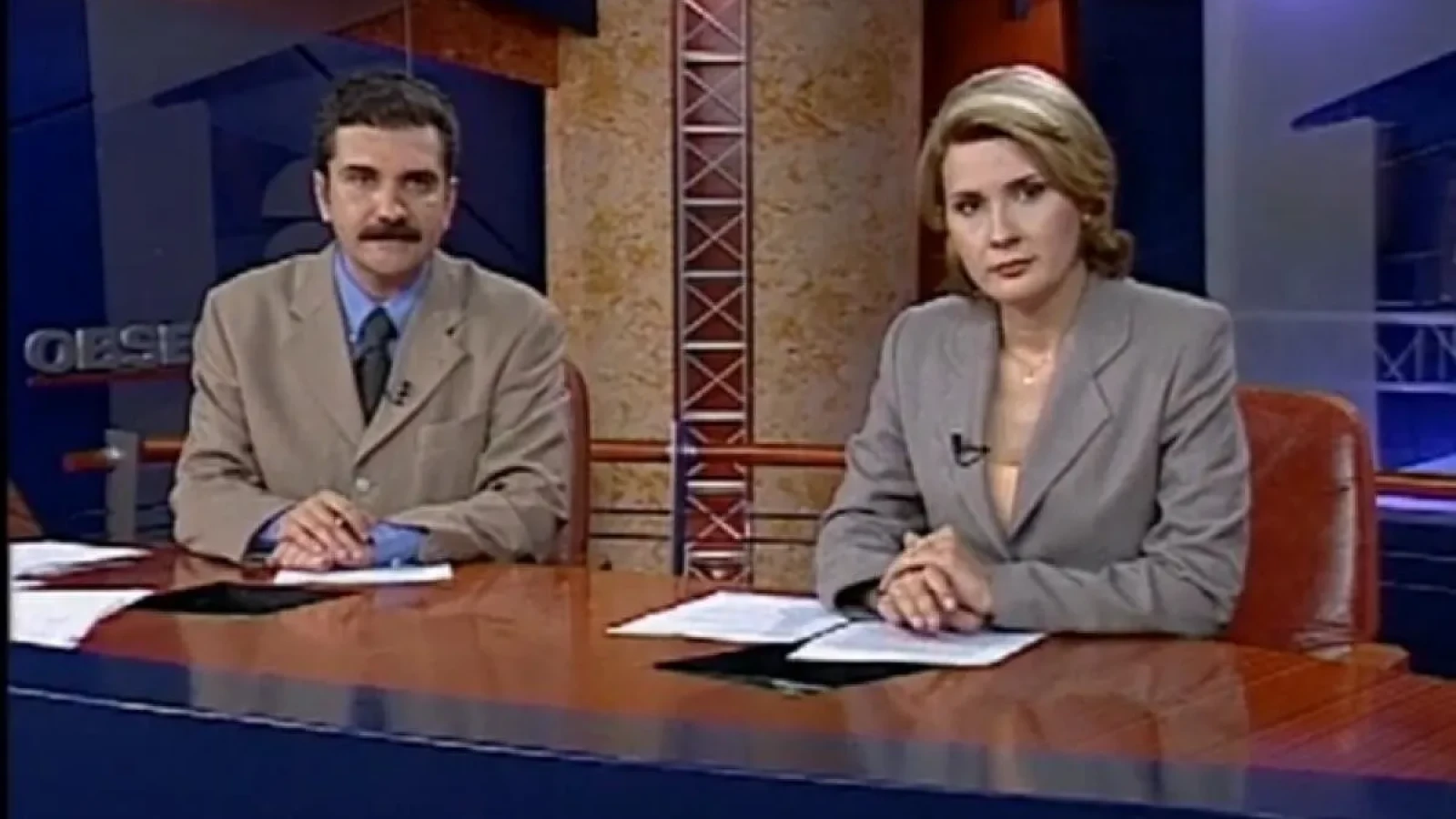



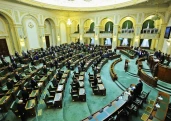





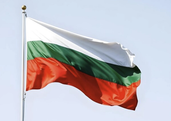


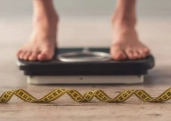

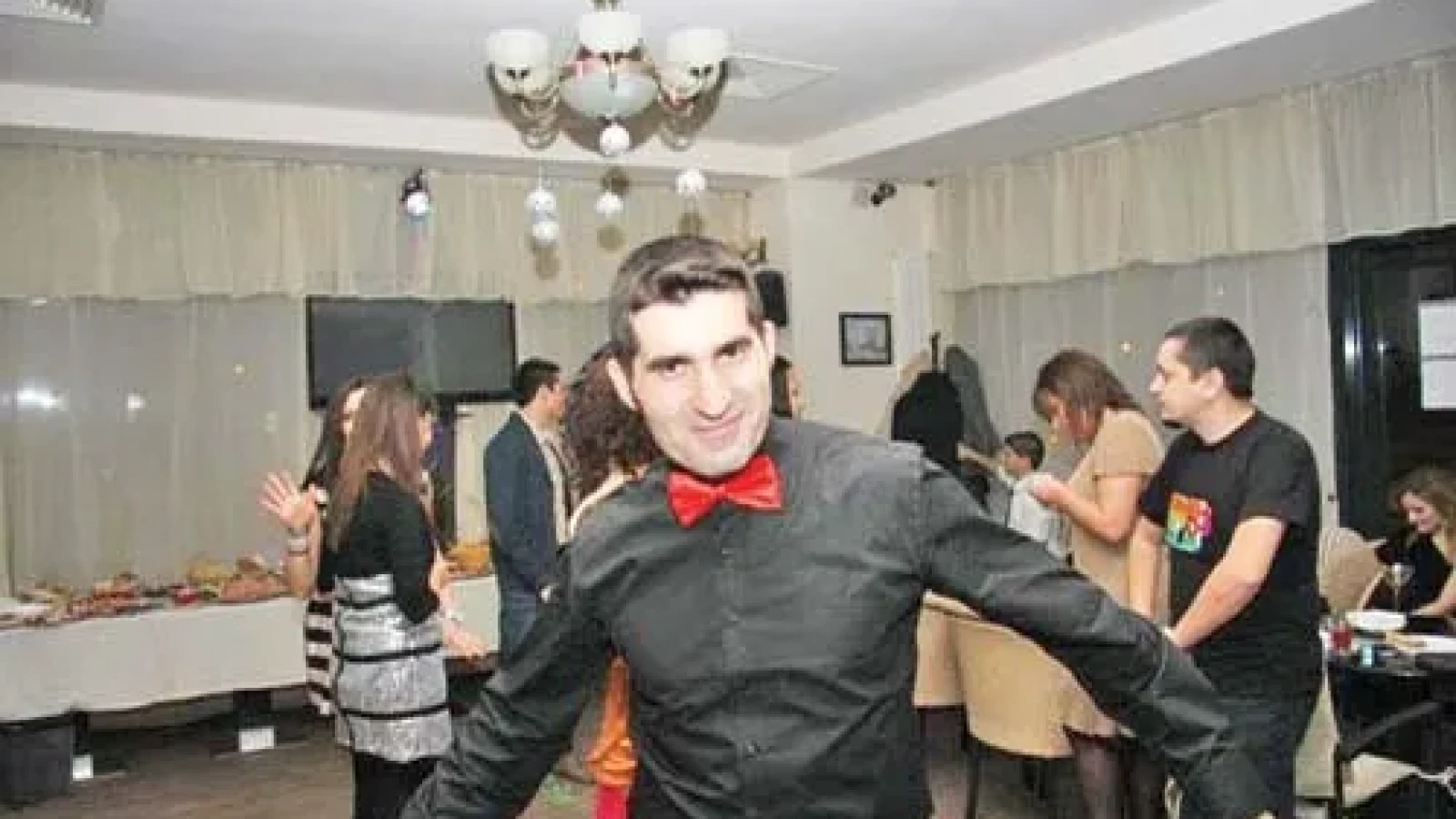
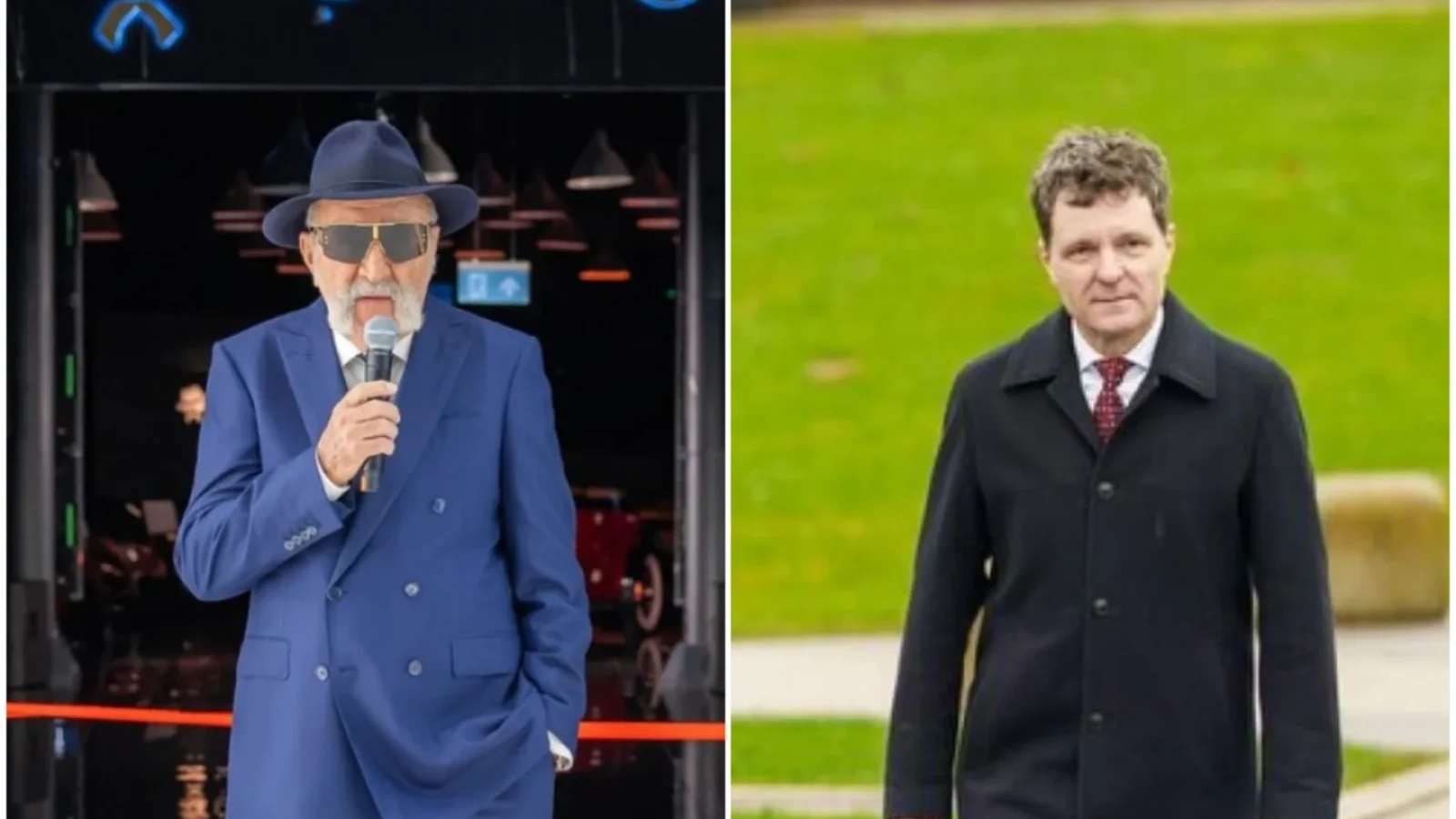


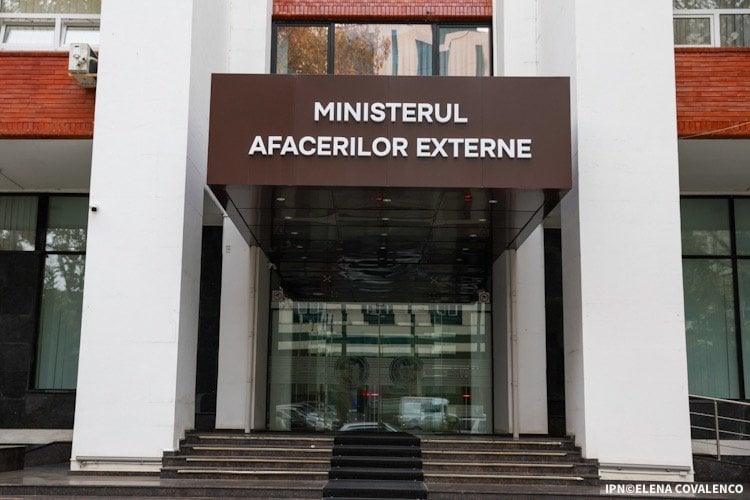





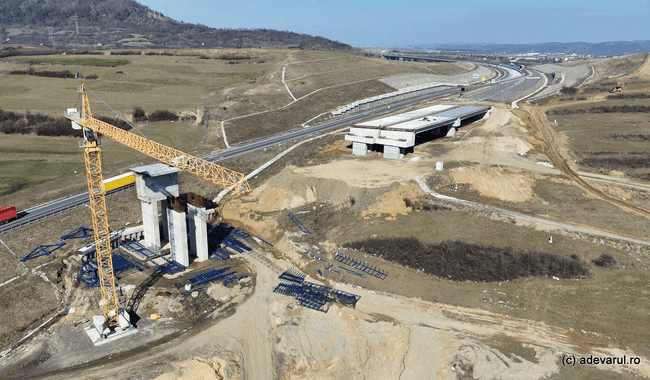



Comentează